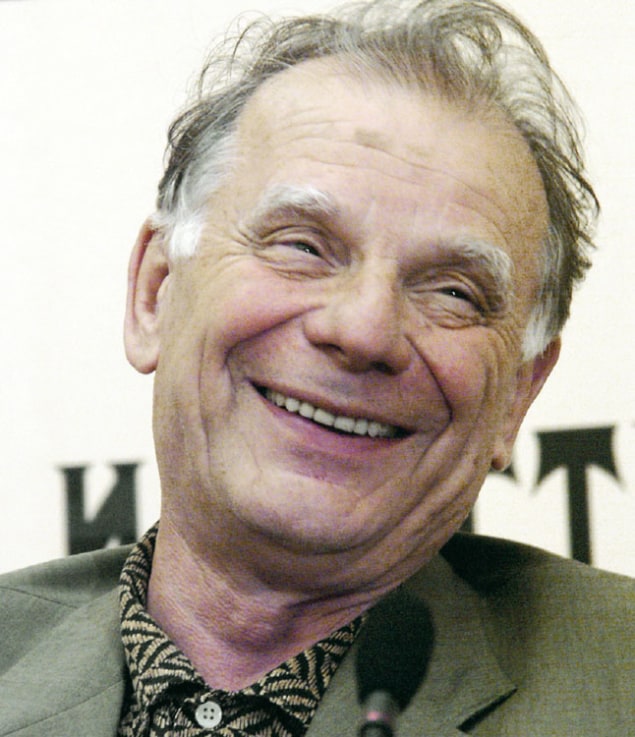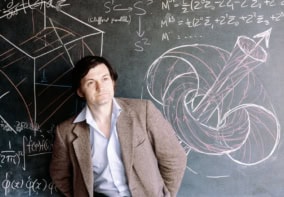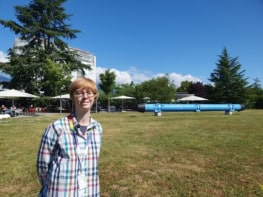The Russian physicist Zhores Alferov, who shared the 2000 Nobel Prize for Physics with the US scientists Herbert Kroemer and Jack Kilby, died on 1 March aged 88. Alferov pioneered the creation of semiconductor lasers, which led to a vast number of applications that are now ubiquitous in modern life such as DVD players and mobile phones.

Alferov was born on 15 March 1930 in Belarus, which was then part of the Soviet Union. After graduating from the Electrotechnical Institute in Leningrad in 1952, Alferov moved to the Ioffe Institute in St Petersburg, where he spent the remainder of his career. In 1970 he was awarded a doctorate in physics and mathematics from the institute and became its director in 1987 — a position he held until 2003.
An optics revolution
It was at the Ioffe Institute where Alferov carried out his Nobel-prize-winning research. In the early 1960s, Alferov began working on semiconductor heterostructures – devices that contain thin layers of different semiconductors, usually based on gallium arsenide, stacked on top of each other. In 1963 he proposed building semiconductor lasers from such heterostructure devices, which was also made independently by Kroemer. In 1969, Alferov and his team built the first semiconductor laser from gallium arsenide and aluminium gallium arsenide and the following year his team managed to get them to work continuously at room temperatures.
The finding revolutionized the control of light signals in electronics in much the same way that the transistor had earlier revolutionized the technology of electric currents. The heterotransistor, or heterojunction, allowed the development of affordable miniaturized semiconductor appliances that have transformed daily life, underpinning a whole range of gadgets, including CD players, fibre-optic-cable networks and more efficient solar cells.
For this work, Alferov shared half the 2000 Nobel Prize for Physics with Kroemer “for developing semiconductor heterostructures used in high-speed- and opto-electronics”, while the other half was given to Kilby for the invention of integrated circuits.
Alferov was awarded many other honours such as the Lenin Prize in 1972, the USSR State Prize in 1984 and was made an Order of Lenin in 1986 – the highest civilian distinction that was bestowed by the Soviet Union. Alferov was also a fellow of the Institute of Physics, which publishes Physics World. In his later life, Alferov moved into politics. In 1995, he was elected to the Russian Parliament, the State Duma, where he was successfully re-elected in 1999, 2003 and 2007.



